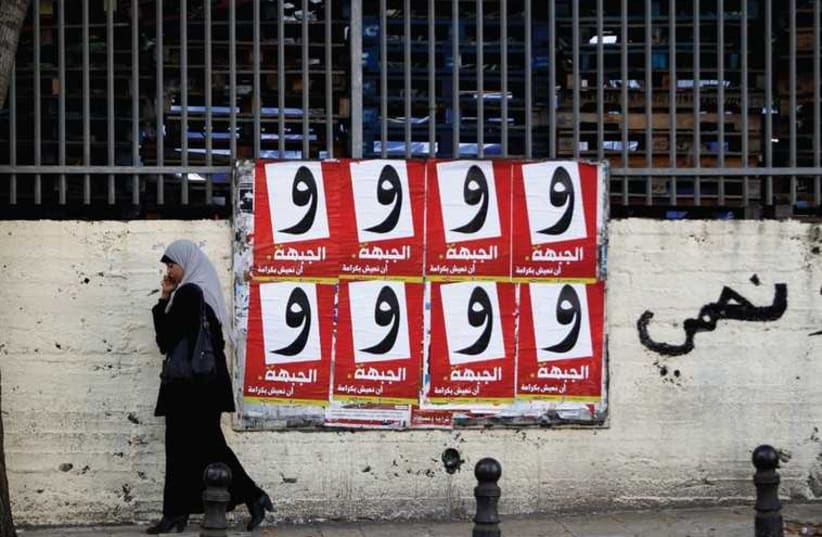'Nonpartisan' campaign launched to increase Israeli-Arab voter turnout
The campaign includes running conferences for Arab students in colleges; media outreach; and work on a new poll that will identify the messages that would encourage the most turnout.
